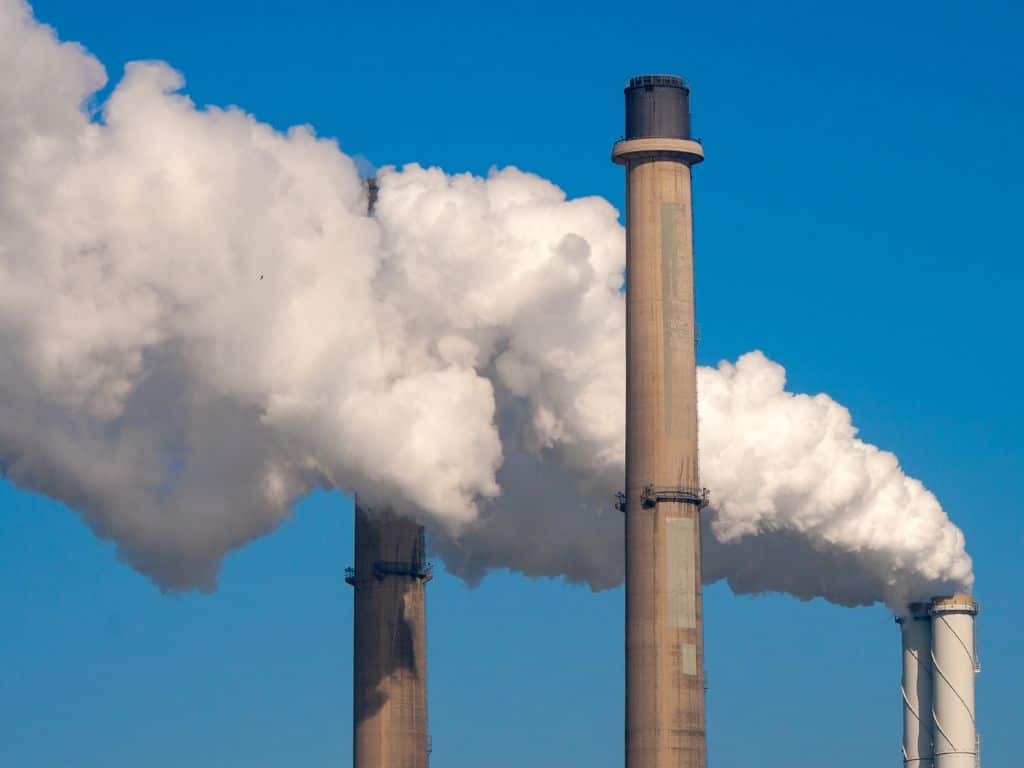The highly-anticipated UNEP Emissions Gap Report comes amid a record-breaking year for climate change-related events and new record-high greenhouse gas emissions levels. Unless the world changes track, the UN agency warns, devastating events will keep happening in the years and decades ahead.
—
The world is on track to warm 2.9C this century and only bolder climate action will save humanity from the worst consequences of global warming, a new UN report has warned ahead of next week’s UN climate summit, COP28.
According to the latest Emissions Gap Report, which tracks the gap between where global emissions are heading with current country commitments and where they ought to be to limit warming to 1.5C, current climate mitigation strategies and targets for 2030 put the world on course for a 2.9C global temperature rise this century, far from the 1.5C threshold agreed upon by world countries in the 2015 Paris Agreement.
Greenhouse gas (GHG) emissions have reached all-time highs – a 1.2% increase on last year. Current estimates put emissions on track to increase by 3% until 2030, much lower compared to earlier projections of a 16% increase by the end of the current decade. Nevertheless, they are still far too high to put the world on the right pathway to limit global warming below 2C. Indeed, the report suggests, predicted 2030 GHG emissions must fall by at least 28% for a 2C pathway and 42% for the 1.5C pathway.
The study reinforces the findings of a recent report, which had already warned that, at current emissions levels, the global carbon budget – the net amount of carbon dioxide (CO2) we have left to emit before we exceed 1.5C of warming – will run out in six years.
We are looking at an “emissions canyon” rather than an emissions gap, UN Secretary-General António Guterres said following the report’s release on Monday, “a canyon littered with broken promises, broken lives, and broken records.”
Unprecedented emission levels are the main culprit behind the extreme temperatures the world has witnessed this year. All months between June and October were the hottest ever recorded, with scientists now saying 2023 will be the hottest year in history.
You might also like: Atmospheric CO2 Levels More Than 50% Higher than Pre-Industrial Level, NOAA Says
The only way to change the course, the report stresses, is through economy-wide, low-carbon development transformation, with a focus on the energy transition. Stronger commitments must be reflected in the next round of Nationally Determined Contributions (NDCs), which will be discussed at the UN climate negotiations starting next week in Dubai.
“Leaders must drastically up their game, now, with record ambition, record action, and record emissions reductions. No more greenwashing. No more foot-dragging,” Guterres warned, adding that countries at COP28 must commit to triple renewable energy capacity and phase out fossil fuels by 2030.
You might also like: What Can We Expect From COP28, And What Must Happen?


















